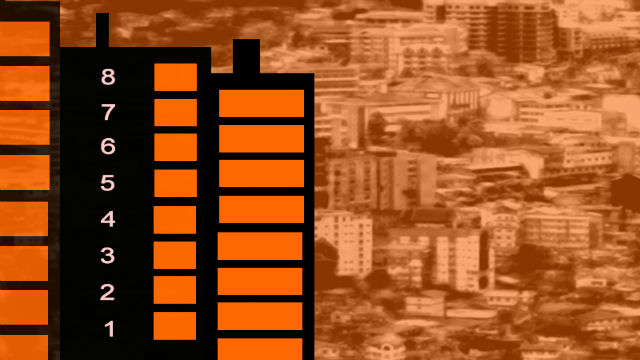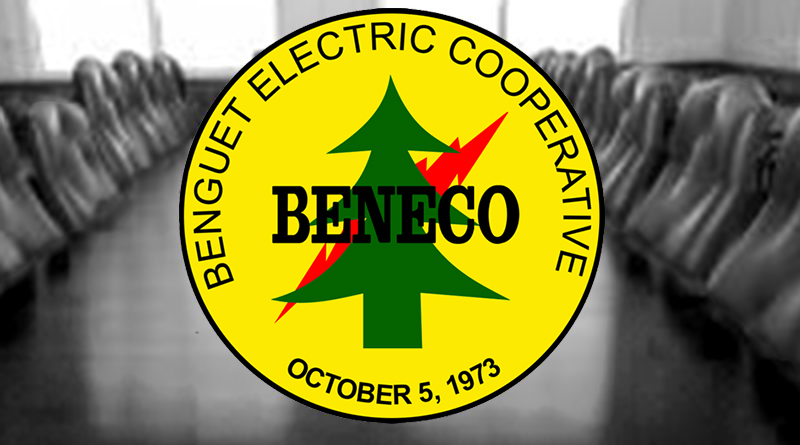BAGUIO CITY – The Cordillera office of the Environmental Management Bureau (EMB-CAR) recommended to the local government the implementation of a moratorium in the construction of hotels, restaurants, condominiums while awaiting the expansion of the capacity of the city’s sewage treatment plant located at South Sanitary Camp, a facility built through the assistance of the Japan International Cooperating Agency (JICA) in the early 1980s.
EMB-CAR regional director Reynaldo S. Digamo underscored that no more additional sewer connections should be done to the city’s existing sewerage system because the city’s sewerage treatment plant is already operating beyond its allowable capacity and this is detrimental as it can increase effluence along the Balili river, a violation of existing laws.
Based on the data obtained by the EMB-CAR technical personnel from the local government, Digamo explained that the Baguio sewerage treatment plant was designed to accommodate a maximum capacity of 8,500 cubic meters of waste water per day but it is now receiving more than 12,000 cubic meters per day.
“The continuous construction of commercial and residential structures that connect to the city’s sewerage treatment plant will further burden the facility and will definitely contribute to the increase in the pollution of the Balili River, another ground for the issuance of a notice of violation to the local government wherein the city could again be imposed huge fines per day of violation,” Digamo stressed.
Recently, the EMB-CAR hosted a forum with the owners and operators of hotels, restaurants, condominiums and other institutional establishments and tourist facilities in the city, La Trinidad and Tuba where issues related to existing buildings without waste water treatment facilities, overloaded city sewerage treatment plant, proliferation of backyard piggeries in urban areas that pollute the Balili and Bued rivers, encroachments in the 3-meter river easements, proliferation of households without sanitary toilets, facilities and appropriate septic tanks, continuous new construction of buildings allowed to connect to the sewerage treatment plant and alleged inaction of national and local governments on the said problems, were discussed by the stakeholders.
Aside from the imposition in the moratorium in the put up of tourism-related establishments, Digamo disclosed that the agreed recommendations which will be transmitted to the concerned government agencies and the local government include the inclusion of the grant of environmental permits as part of the requirements for accreditation by the tourism department of tourism facilities; non-issuance of building permits by the City Buildings and Architecture office (CBAO) for buildings without waste water treatment facilities and no more additional sewer connections; stoppage of backyard piggeries in residential areas in compliance with zoning regulations and other related laws, rules and guidelines; prosecution of violators and the officials of concerned government agencies and the local government for their inaction on problems being brought to their attention; public disclosure of erring business establishments and strict implementation of the setback requirements for vertical structures.
By HENT













